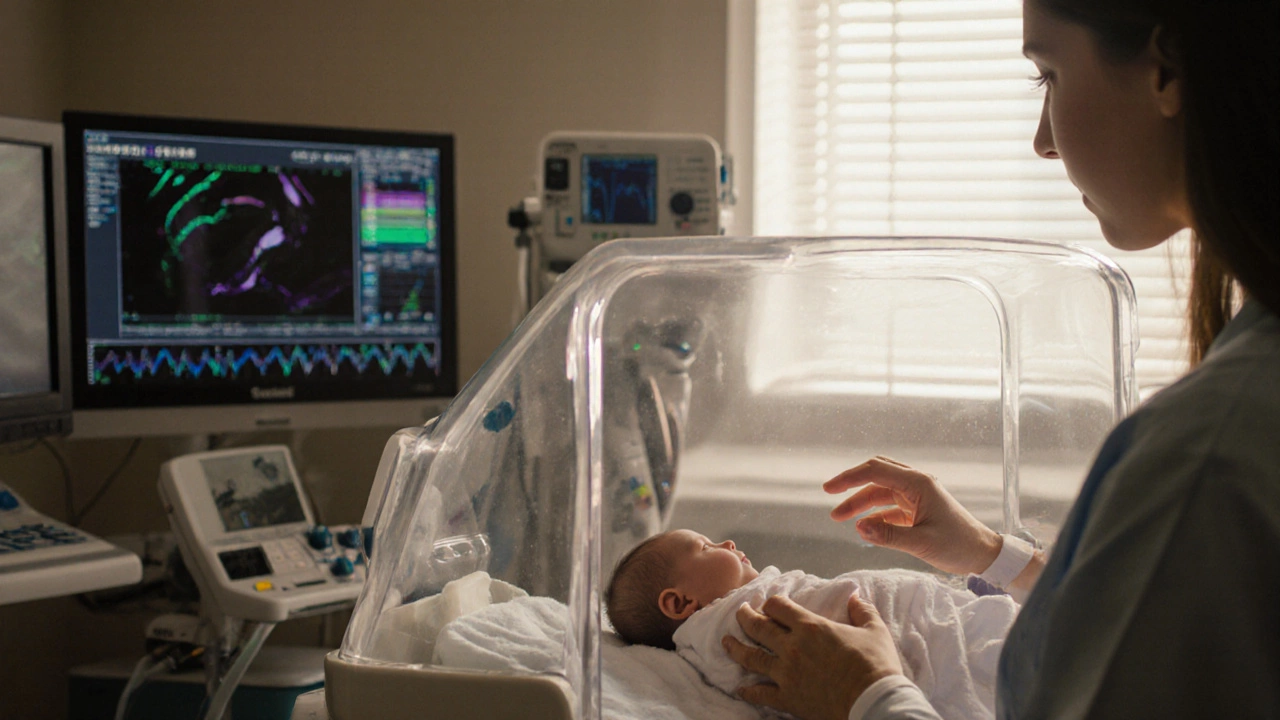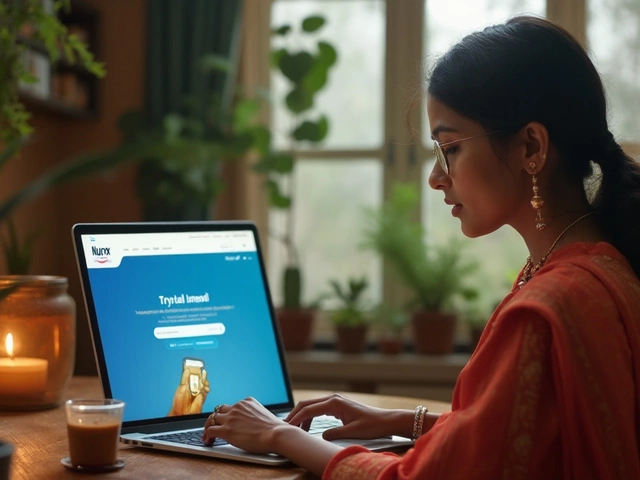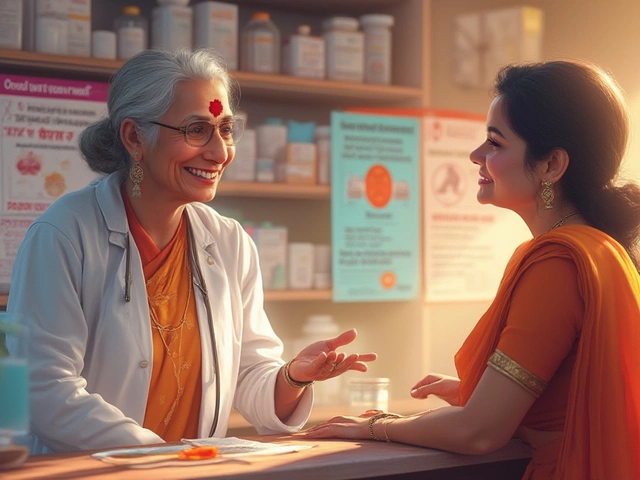Are IVF babies healthy? Latest research shows they are just as healthy as naturally conceived children, with only minor differences tied to parental age and multiple births - not the IVF process itself.
Read MoreIVF vs Natural Conception: What Really Matters for Indian Couples
When you're trying to get pregnant, the choice between IVF, a medical process where eggs are fertilized outside the body and implanted into the uterus and natural conception, the traditional way of getting pregnant through unprotected sex during ovulation isn’t just about science—it’s about your body, your budget, and your peace of mind. In India, where fertility treatments are growing fast but still carry stigma and cost concerns, this decision shapes more than just your family plan—it affects your daily life, relationships, and even how you see yourself.
Many couples assume IVF is the only way if natural conception doesn’t happen quickly. But that’s not always true. About 85% of couples conceive naturally within a year of trying, according to global studies that apply just as much here in India. If you’re under 35 and have no known issues like blocked tubes, low sperm count, or PCOS, giving nature more time—with regular checkups and healthy habits—is often the smarter first step. IVF, on the other hand, is a powerful tool, but it’s not a guarantee. Success rates in India range from 30% to 50% per cycle, depending on age, clinic quality, and underlying health. And while some clinics push IVF as a quick fix, the emotional toll, the daily injections, the financial strain, and the uncertainty can be heavier than most expect. The IVF shots, medication injections used to stimulate ovulation during fertility treatment aren’t the hardest part—the waiting, the hope, the fear of failure, that’s what stays with you.
What makes this decision even trickier in India is the mix of tradition and modern medicine. Families often push for natural conception because "it’s how it’s always been," while doctors may recommend IVF too soon because they see your timeline slipping. The truth? There’s no one-size-fits-all. Some couples conceive naturally after months of stress reduction and Ayurvedic support. Others need IVF because of blocked fallopian tubes or male factor infertility. The key is knowing your body, getting the right tests done early, and not letting pressure rush you into something you’re not ready for. If you’ve been trying for over a year (or six months if you’re over 35), it’s time to talk to a specialist—not just to start IVF, but to understand your full picture. That includes checking thyroid levels, vitamin D, sperm quality, and even stress markers. You don’t need to jump straight to needles and embryos. Sometimes, the best first step is a simple blood test and a calm conversation.
Below, you’ll find real stories from Indian couples who’ve walked both paths—some got pregnant naturally after years of trying, others chose IVF and found hope, pain, and unexpected strength along the way. You’ll also see how costs, cultural pressure, and medical advice vary across cities like Delhi, Bangalore, and Hyderabad. Whether you’re just starting out or already deep in the process, these posts give you the unfiltered truth—not marketing, not myths, just what actually happens when you’re trying to build a family in India today.





